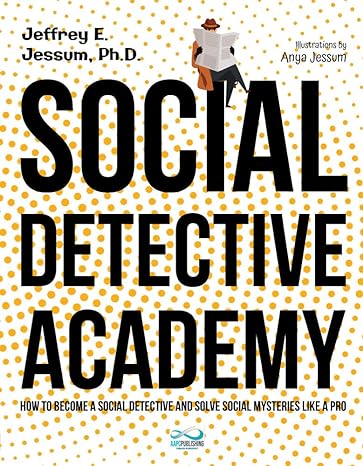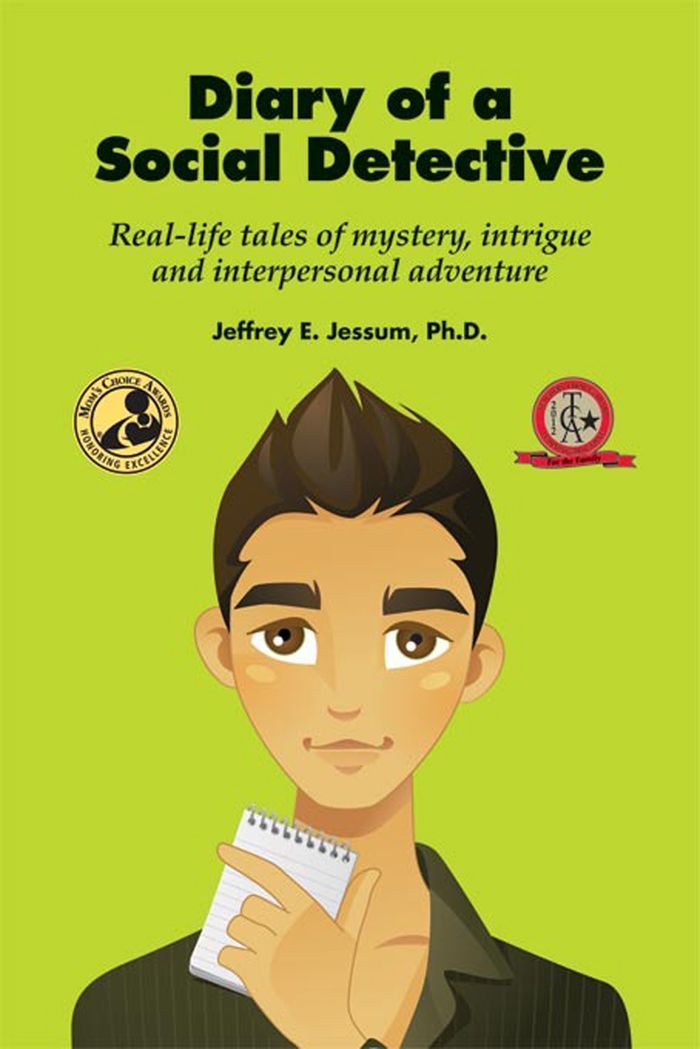In-person and virtual groups, virtual coaching, summer camps, school programing and parent/teacher/staff consultation

Our “Diary of a Social Detective” book: winner of Mom’s Choice, Teachers’s choice and Moonbeam Children Book awards

Why Social Detective Academy?
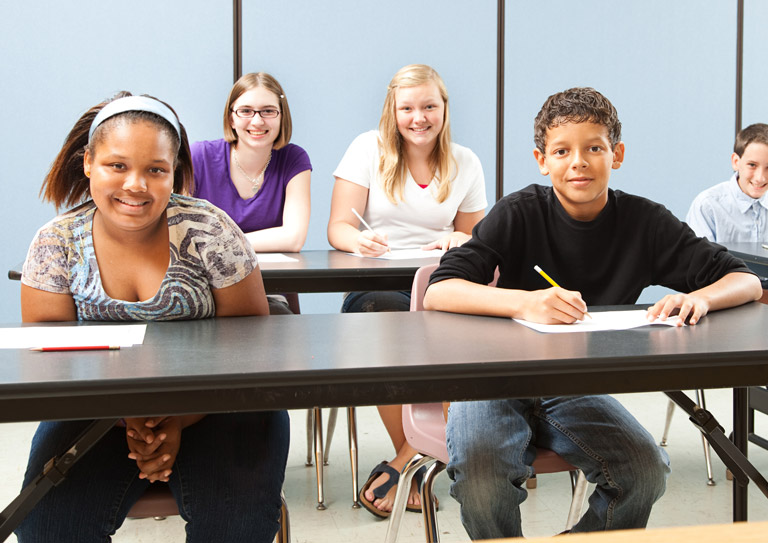
Our programs work!

Our Social Detective Training is unique and relevant
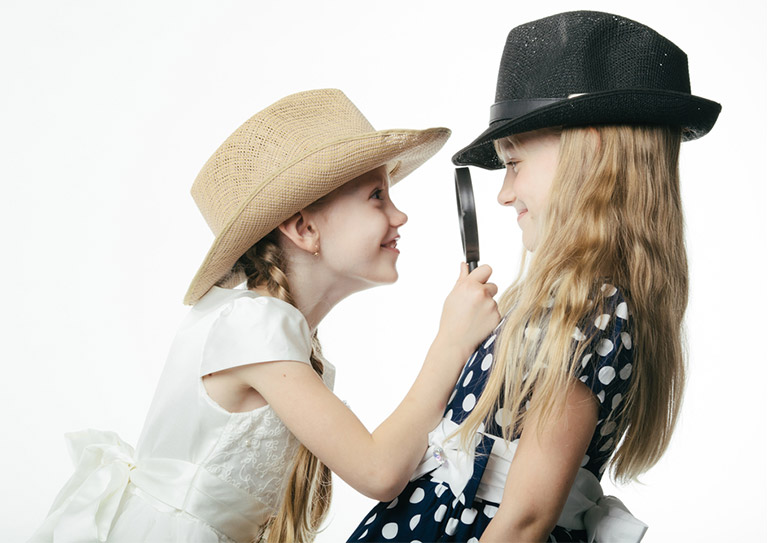
Flexible programs tailored to you and your kids
Contact us now to learn how Social Detective Academy can work for you.

Social Skills groups
Our groups in Sherman Oaks, San Fernando valley
We serve kids in Sherman Oaks, Encino, Tarzana, Van Nuys, Glendale, Pasadena and surrounding areas.
15409 Dickens St, Sherman Oaks, CA 91403
We work with schools to bring our curriculum to classrooms and after-school programs. Let’s work together to bring it to your school, drop us a message for more.
We are growing! Please contact us for collaborating and franchising opportunities.


- Our group meetings allow children to hone their social skills by defining and solving social mysteries together in an engaging way.
- Smaller group settings allow us to observe the children and offer them personalized guidance as well as a sense of comradery with their peers as they solve mysteries together.
- Our community goes beyond the meetings with opportunities for off-site outings, online communities, and frequent communication with parents and teachers.
Groups: Frequently Asked Questions
When and where do the groups take place?
- On-site groups during school hours: These can be for whole classes or be pull-out groups for specific students. Please contact us for more info.
- On-site groups after school hours: These are optional groups for those interested in extra-curricular learning. Please contact us for more info
- Off-site groups after school hours: We offer private groups for those interested in more targeted, personalized attention. Fall offerings.
How often do the groups meet?
What size are the groups?
Who teaches the groups?
What is the student commitment?
Where do you run these groups?
In Northern California our groups are presently in Palo Alto, and we are working on a few new locations/times as these groups fill up. We’d be happy to come to your school or other alternative locations if 3+ students commit . In Southern California our groups are in Sherman Oaks. We are also working to expand our cirriculums online.
What is the age range for the groups?
How do you match kids to groups?
The makeup of our on-site groups is often determined by pre-existing class structure. In those situations, all the kids in the class participate in the group.
Can we contact the teachers regarding any specific concerns with students?
What role does Dr. Jessum play in the program?
How do the groups work?
Does the group curriculum vary based on the students’ ages?
What can I expect to see in my student?
What other options are available?
Find out how Social Detective Academy can work for you
What students, parents, and educators think about our work:
Why Social Detective Training?

Social Skills are critical to future success

Teaching Social Detective skills is effective!
Find out how our program might work for your children.
About us
Social Detective Academy is an educational organization whose mission is to provide engaging, effective, and personalized social skills classes both in the private practice setting as well as in schools, camps, and after-school programs. The programs we have created are based on decades of experience.
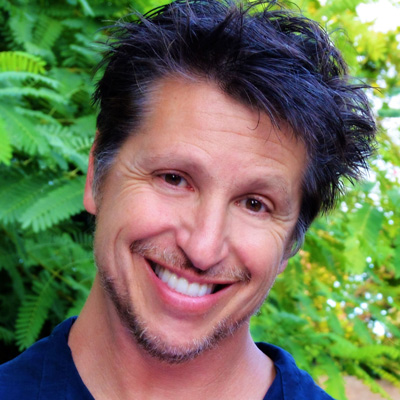
Jeffrey Jessum, Ph.D.
Dr. Jeffrey Jessum is a well-known developmental psychologist with over 25 years of experience and the author of the award-winning book Diary of a Social Detective, which is currently used in hundreds of schools around the country. He has been leading Social Skills groups for the past 20 years.Dr. Jessum’s successful private practice, combined with expertise in child development and social skills training, are the basis for the protocols we use in our programs.
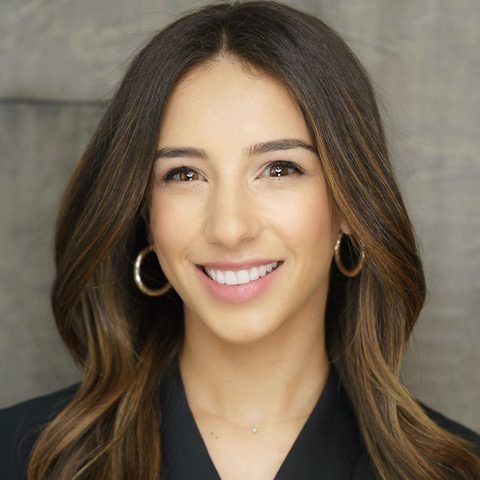
Stephanie Wright, Psy.D.
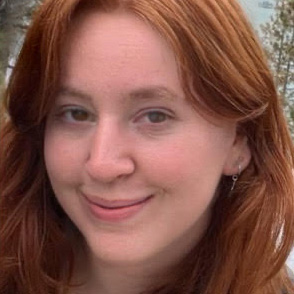
Anya Jessum
Philosophy
Research: Social/Emotional intelligence is a strong predictor of success later in life
Social/Emotional Intelligence has been found to be:
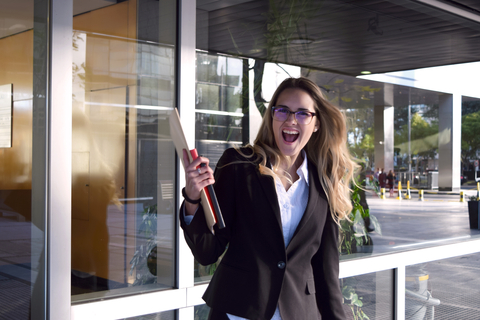
Questions about the program?
Sponsor a Child

“The potential possibilities of any child are the most intriguing and stimulating in all creation.”
— Ray L. Wilbur, third president of Stanford University
Here at Social Detective Academy, we strongly believe in importance of Emotional Intelligence training for both kids’ future success and the future of our world. Unfortunately camp fees are often beyond the reach of many local kids, so we are very grateful for your help.
Note that you can donate as much or as little as you wish and either sponsor a specific local child ($350), or donate any amount you wish into a general scholarship fund. 100% of your sponsorship will go towards a kids’ summer social detective adventure.
You will be updated about their progress and fun the kids are having this summer at camp. Knowing that a child in need who will get to learn and have a summer adventure like no other is a wonderful feeling, trust us we know 🙂

- We offer engaging and interactive activities and group discussions designed to increase awareness, self regulation, creativity, mind/body connection and social/emotional aptitude. Campers get to build their own social detective skills by solving social mysteries based on activities of the day. Through yoga and mindfulness activities, campers will develop their own tool kit to manage stress.
- Please Contact Us or see FAQs below for more information.We are looking forward to spending the summer with you!
Summer Camp Frequently Asked Questions
What are Social Detective Adventure Camps all about?
What’s a typical day like at camp?
What’s the process for signing up?
What are the hours?
Who leads the camp?
Contact Us

